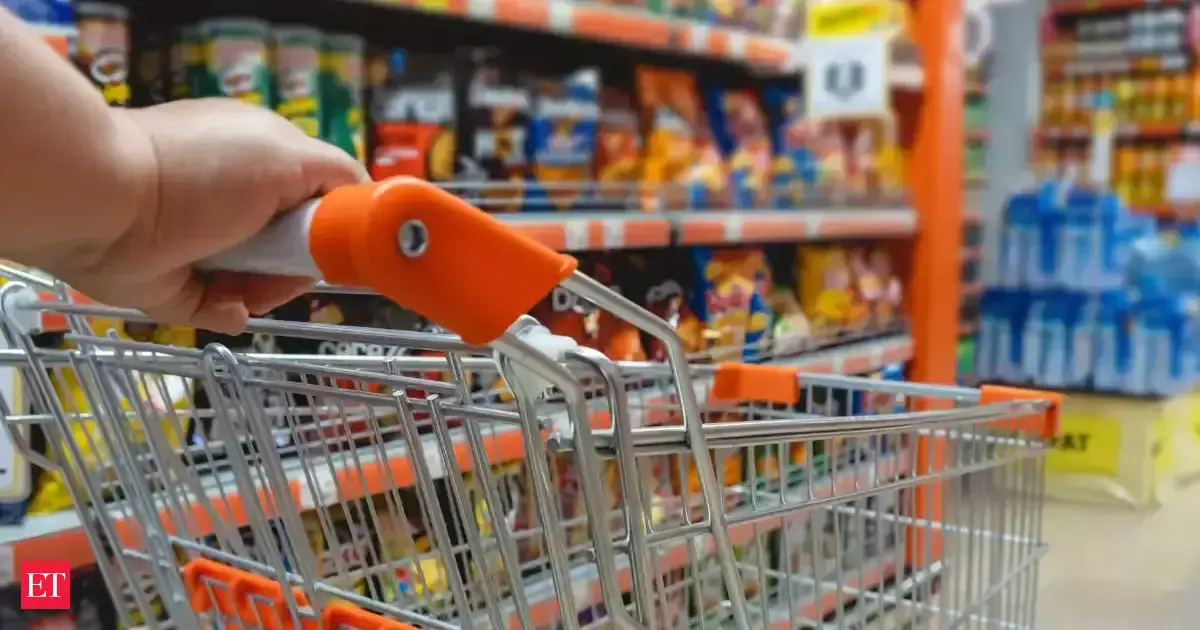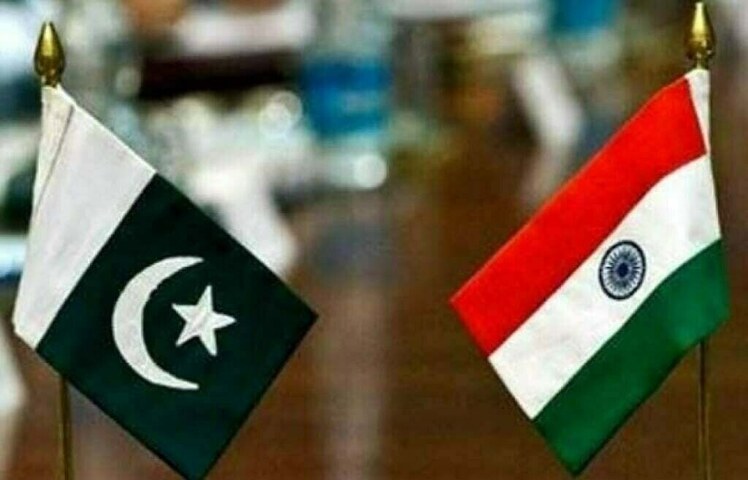By Sagar Malviya
Copyright indiatimes

Mumbai: Prices across daily household, personal care and groceries have remained largely stable over the past year with demand mostly through small packs, indicating that the recent Goods and Services Tax (GST) cuts could have an impact on volume growth instead of companies’ revenue expansion.According to an analysis of 11 top fast moving consumer goods categories from the food, beverage, and personal care segments, both price cuts and increases have been minimal, according to Numerator (formerly Kantar). Food categories such as biscuits and salty snacks have remained flat, while noodles saw a price uptick of around 5%. Personal care products saw the highest increases, with shampoo prices rising by an average of 7%, while bar soaps and toothpaste saw a 4% hike.”Given that the price points have a significant percentage of these categories’ consumption, and if any benefit from the GST cuts is passed on, it will be on the volume front for price point packs, we can expect consumption of these categories to increase marginally. The ₹20 packs are also expected to continue their growing ways, as they become more attractive with increased grammages,” said K Ramakrishnan, managing director- South Asia, Worldpanel by Numerator, adding that the GST realignment will take time to boost demand. “We may see its effects starting at the end of the year or early next year as shoppers will take time to adjust their current behaviour and emptying of the old stocks also will generally take time.”The share of price-point packs – small affordable SKUs sold at ₹5, ₹10, and ₹20-continues to remain dominant in several categories. These low-cost packs contributed 79% of shampoo sales, 64% in biscuits, and 58% in chocolates. In categories such as salty snacks and toothpaste, they accounted for 44% and 29% each.Live Events”Price-point packs are key in driving rural and low-income urban consumption. We are still awaiting clarity on whether the GST cut can be passed through grammage increase,” said a senior official at a leading FMCG firm.While these pack sizes have seen some growth, the ₹20 pack has stood out with a 27% jump in volume share, reflecting growing consumer interest in slightly larger value offerings. The ₹1 and ₹2 packs, though smaller in share, also registered growth of 7% and 8% each.A report by Kotak Institutional Equities said it expects low impact on volumes and likely modest impact on the profitability of the consumer staples and retailing sectors, given variable demand elasticities for households depending on income, high competition across product categories between D2C, retailing, regional and traditional players. “Companies will probably cut prices and increase grammage, which may make it hard for the market to assess the actual impact on profitability and volumes,” the report added.Add as a Reliable and Trusted News Source Add Now!
(You can now subscribe to our Economic Times WhatsApp channel)
Read More News onFMCG companiesGST cut impactvolume growthconsumer behaviordaily household productsnumerator analysispersonal care productsfood and beverage marketKotak Institutional Equities
(Catch all the Business News, Breaking News, Budget 2025 Events and Latest News Updates on The Economic Times.) Subscribe to The Economic Times Prime and read the ET ePaper online….moreless
(You can now subscribe to our Economic Times WhatsApp channel)Read More News onFMCG companiesGST cut impactvolume growthconsumer behaviordaily household productsnumerator analysispersonal care productsfood and beverage marketKotak Institutional Equities(Catch all the Business News, Breaking News, Budget 2025 Events and Latest News Updates on The Economic Times.) Subscribe to The Economic Times Prime and read the ET ePaper online….moreless



